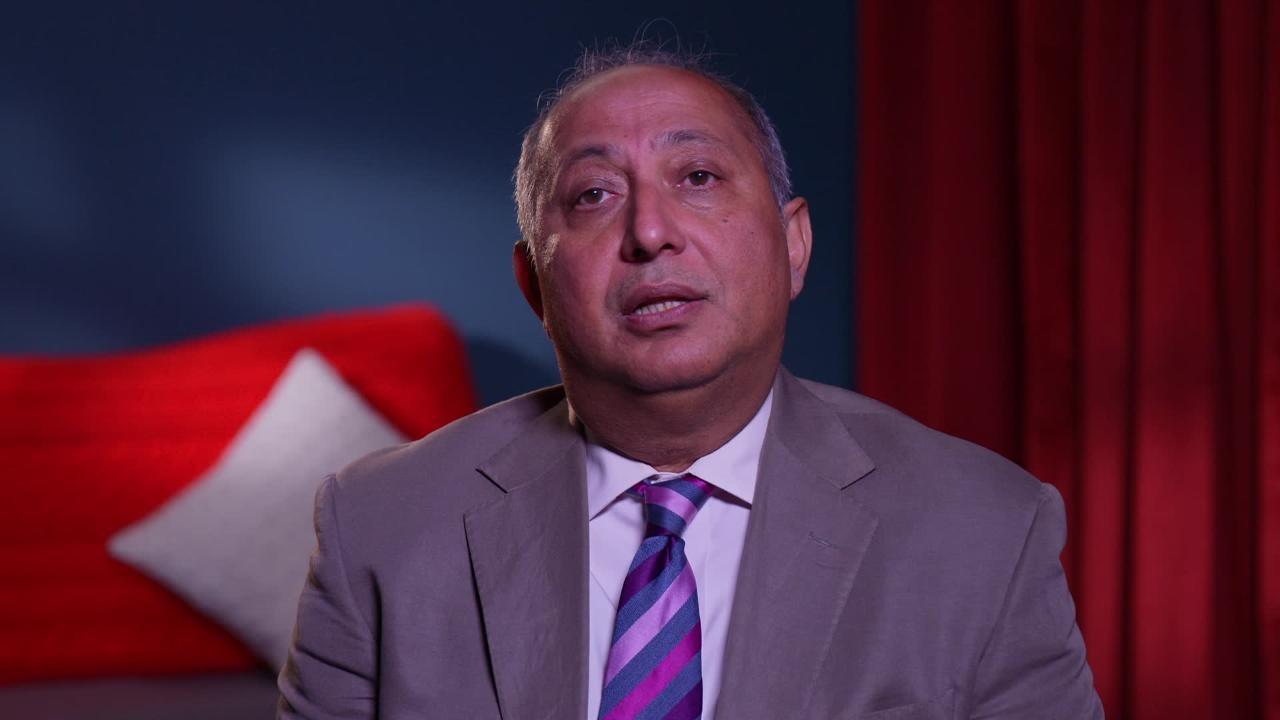
Do supplements work for depression?
Peer reviewed by Dr Sarah Jarvis MBE, FRCGPLast updated by Natalie HealeyLast updated 20 Feb 2020
Meets Patient’s editorial guidelines
- DownloadDownload
- Share
- Language
- Discussion
Many dietary supplements are marketed to people with low mood. But is there any evidence that taking them can make you feel better?
In this article:
Take a glance at the supplements and herbal remedies in your local health food shop and you'll likely come across a number of tablets promising to make you happier. You'd be forgiven for seeing them as tempting alternatives to visiting your GP if you were feeling blue. But can any actually help for depression?
Continue reading below
Which supplements might help?
It's not surprising that many people are interested in whether taking a simple supplement could make them feel better mentally, says dietician Alexia Dempsey, spokesperson for the British Dietetic Association.
"I think people are really desperate to try to find answers about what they can do for themselves, particularly when there are often such long waiting lists for therapy."
Several studies do link mental health conditions with nutrition, so it makes sense that supplementation could potentially improve someone's mood.
"Research has shown links between mental health disorders and nutrition - most commonly, in terms of nutritional deficiencies, such as omega-3 fatty acids, B vitamins and certain amino acids," adds GP Dr Payal Mehta from the London Doctors Clinic.
What's the evidence?
But is there any evidence that a supplement that you can purchase without consulting a health professional can actually boost your mood?
There are many studies which have looked into the benefit of nutrient supplementation in people with mental health problems. But until recently, no one had really unpacked it all to provide a clear overview. Researchers at NICM Health Research Institute, University of Manchester and Western Sydney University set out to change this.
They examined 33 studies and data from over ten thousand people with mental health problems such as depression, bipolar disorder and ADHD to determine whether supplements really could make a difference. The meta-review is published in World Psychiatry.
The group found the strongest evidence was seen for omega-3 supplements for reducing symptoms of depression. And some types of folate supplements appeared to be helpful in both major depression and schizophrenia. However, the researchers found a lack of compelling evidence supporting the use of vitamins (such as D, E, or C) and minerals like zinc and magnesium for improving mental health.
There is also evidence that herbal remedy St John's wort (SJW), which has been used as a traditional medicine for centuries, can help depression. A review found the over-the-counter herb to be as effective for mild to moderate depression as antidepressants. But this unlicensed remedy can also interfere with lots of medications, so you should always have a discussion with your doctor before you start taking it.
Continue reading below
Can they replace antidepressants?
So how do other supplements compare to antidepressants for mood disorders? And will they ever replace the need for medication for mental health problems?
"It's important to note that not all evidence is supportive and most studies involve the co-administration with antidepressant medication," says Jerome Sarris, professor of integrative mental health and deputy director at NICM.
That means it wouldn't be a good idea to swap your prescribed medication for a dietary supplement. It's really inadvisable to come off antidepressants without the support of your GP.
"I don't think we can replace the power of talking therapies with diet and lifestyle changes. They are very different interventions that work well together but singularly might be less effective. I would say the same of medications," says Dempsey.
And even if you're not yet being treated for depression, the first port of call should always be your GP or to self-refer to talking therapies in your area if you think you may have a mental health problem.
What more do we need to know?
There is still so much more we need to understand about how certain nutrients can affect our mental health.
"Whilst we have a good idea about what happens to mental health and mood when we are lacking foods, we still don't really understand the impact that including specific foods might have. And a lot of the research that links diet and mental health comes from population studies using diet recall so it isn't as accurate as we might like," points out Dempsey.
She says there is emerging research into gut bacteria and mental health. But it's really too early to suggest probiotics would be useful for depression.
Instead of wasting money on supplements, Dempsey recommends first exploring whether you're getting the right nutrition from what you're eating. She suggests the Mediterranean diet - which she believes has shown the most compelling evidence for helping mental health. But she does stress that if you think you might be depressed, it's still best to see a qualified health professional.
"All mental health conditions are multi-faceted and it's important to consult your GP who can help guide you towards the most relevant treatment," agrees Mehta.
Patient picks for Depression

Mental health
Video: Why do people get depressed?
With a condition as complicated as depression, two cases are rarely the same and the underlying reasons why you or those close to you are affected may need professional support to uncover. We may not be able to offer all the answers, but our experts have tackled some of the common questions that arise.
by Prof Swaran Singh, FRCPsych

Mental health
How to support someone with depression
The World Health Organization estimates 1 in 4 of us will have a mental health issue such as depression in our lifetime. Even if you’re not affected, the chances are someone close to you may be. Here we look at how to spot the often hidden signs that someone you know is feeling depressed and how you can help them.
by Lawrence Higgins
Article history
The information on this page is peer reviewed by qualified clinicians.
20 Feb 2020 | Latest version

Ask, share, connect.
Browse discussions, ask questions, and share experiences across hundreds of health topics.

Feeling unwell?
Assess your symptoms online for free
Sign up to the Patient newsletter
Your weekly dose of clear, trustworthy health advice - written to help you feel informed, confident and in control.
By subscribing you accept our Privacy Policy. You can unsubscribe at any time. We never sell your data.